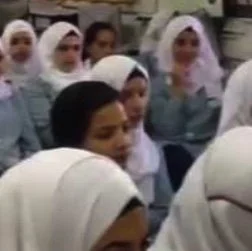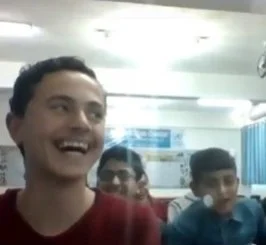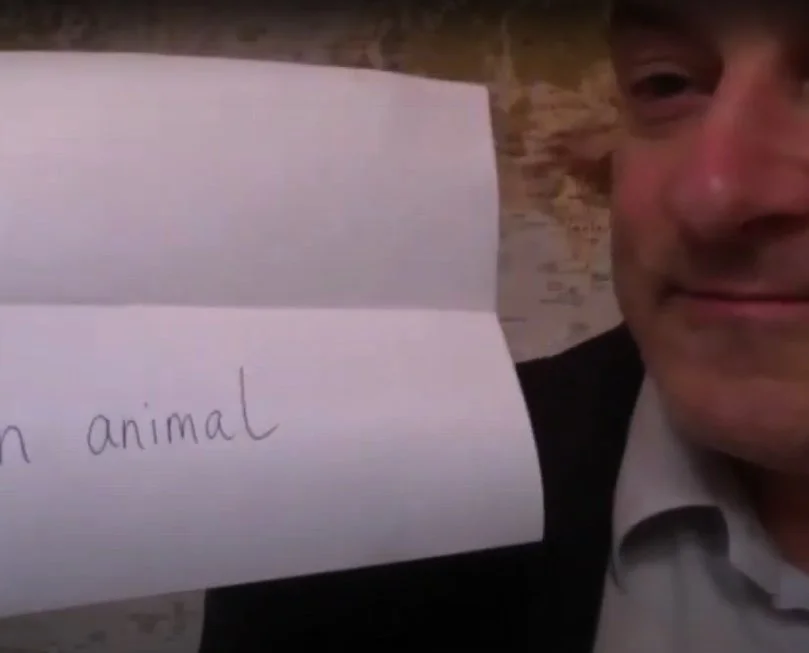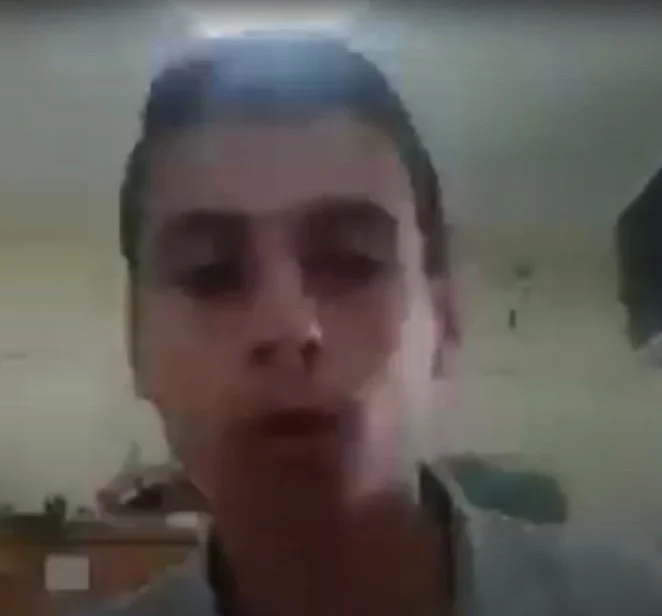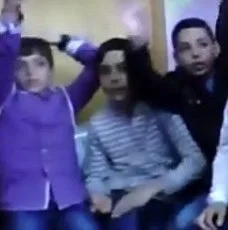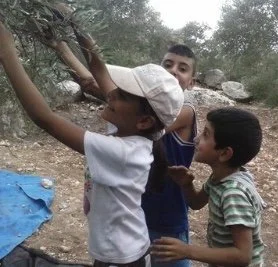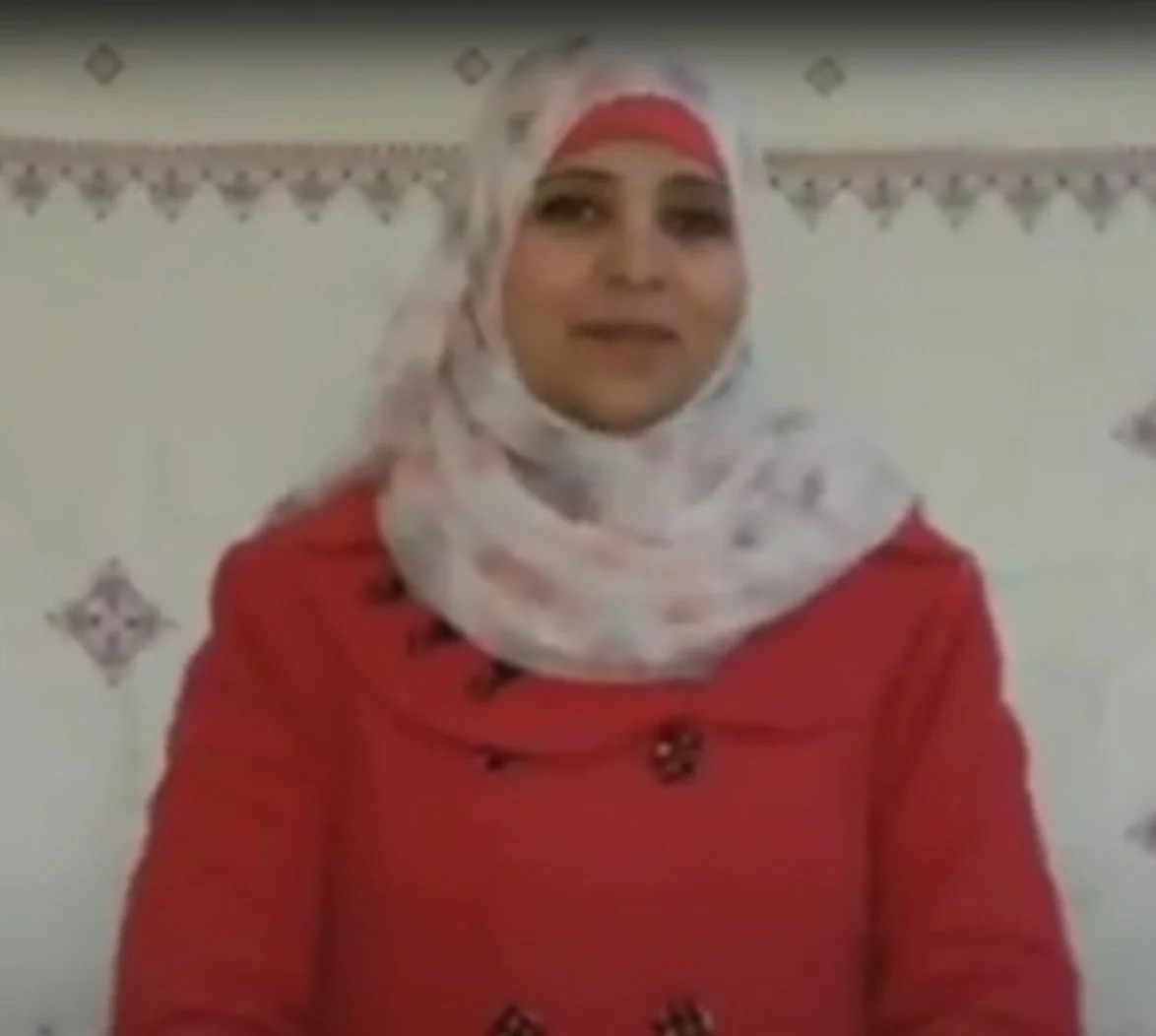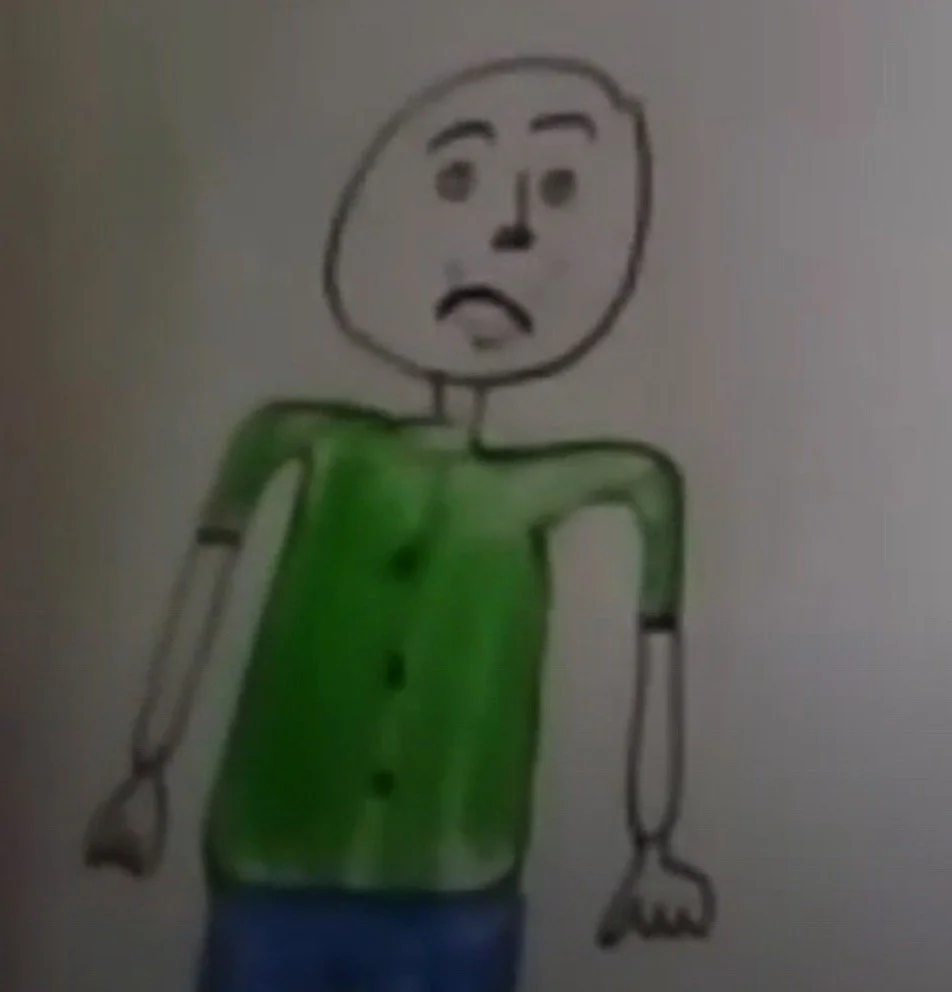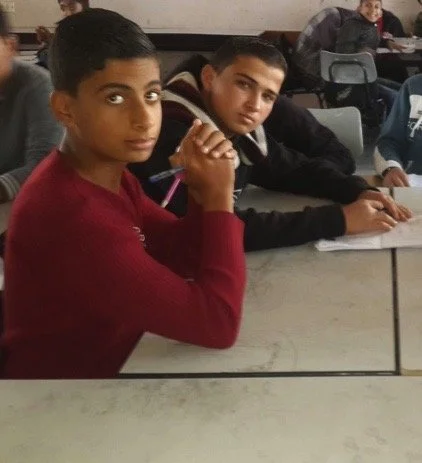This week we have a guest post by one of the latest teachers to join our ever expanding pool of volunteers around the world, Emi Slater. What Emi writes fits in very well with the current trend in the work of the Hands Up Project to focus more on children creating stories, rather than merely consuming them. Over to you Emi...
Read MoreThe other day I found myself suddenly having to cover an online session in Gaza because I'd forgotten that one of our volunteers wasn't able to make it. I didn't have any specific plans so I began by asking the boys what they would like to do in the session
Read MoreA while back I saw a pretty impressive video on youtube and since then the images from it keep filling my head. It begins with a camera shot from space showing earth as a distant object and then gradually moves closer and closer, zooming in on the world, the continent of Europe, the UK, London and then, eventually streets, houses and finally people become visible.
Read MoreA few weeks ago I was one of the speakers at the IATEFL Pre-conference event organised collaboratively by the C Group and the Global issues special interest group. Towards the end of the day we were given a talk by Julie Pratten about her project Heart ELT which has set up a school in a refugee camp in Iraq. At the beginning Julie gave us all a blank postcard and told us that we would be doing something with it later. As she approached the end of her talk she asked us to use the postcard to write a message to the children in the camp.
Read MoreMost of the Hands Up Project's work is with younger learners in Gaza but I also have a group of teenage boys who live in a village near Ramallah with whom I do a weekly session. In the beginning I found it difficult to organise online classes that really addressed this group's needs, but, in consultation with their teacher Atiyyeh, a way of working has emerged which seems to be much more useful.
Read MoreUsually when I write this weekly blog post I share it first with the various Palestinian teacher and teacher trainer groups that I belong to on Facebook, before sharing it elsewhere. I do this because it is this kind of audience that this blog is intended for. I want this to be a space where teachers who work in contexts like these can get new ideas, where they can download resources, and where they can discuss and share ideas about what happens in their own classes.
Read MoreTwo weeks ago I wrote a post called 'The Game of Jewels' about the strength of activities like Kim's Game, which emphasise the importance of noticing and retrieval. I said that most of my favourite things to do in class are really just adaptations of Kim's Game so, as promised, here's a version which uses the same principles, but which is more suited to teenage learners.
Read MoreI love doing activities in class where children feel enthusiastic about contributing. The kind of thing where they've all got their hands up, shouting out 'Ana..Ana.. Ana!' (Me ...me...me). One such activity is 'The game of jewels' as it was referred to in Kipling's novel, or 'Kim's Game' as it has come to be known in the field of ELT.
Read MoreWith rather limited success, I've been trying to learn Levantine Arabic, and over the past year I've probably had about ten one-to-one classes with a Jordanian friend who lives here in Totnes. Saif is an excellent teacher. One thing I particularly like is that he allows me as the learner to control the content of what we talk about in the classes, whilst he supplies me with the language I need to express the things I want to say.
Read MoreOne thing about chanting is that is encourages use of connected speech: it challenges learners to speak in chunks, rather than in isolated words. This is a central idea of the Lexical Approach. When chanting words flow into each other, and pauses occur naturally between chunks of language, rather than after each word (as often occurs in the speech of beginners).
Read MoreLast week I was looking at how talking with children about the pictures they've drawn can be a useful thing to do in a classroom. This week I want to explore a slightly more structured activity which works with this idea.The picture dictation has become a classic language teaching activity. I can't remember where I first heard about but I've been using it ever since I first started teaching more than 25 years ago.
Read MoreIn the course of my career, I've been lucky enough to observe a vast number of language teachers in many different contexts, and many of the things that I do as a teacher, or teacher trainer, are things that I learnt whilst watching other teachers at work. This week I want to explore a very simple but effective activity for working with young learners, which I first saw when observing Maha Sharba’s class at the Arabic club for kids in London.
Read MoreHere’s a vocabulary game that I did with the kids in Jabalia a couple of weeks ago. I chose six different lexical sets that they would find in their coursebook (food and drink, things you’d find in a living room, clothes, fruit and vegetables, animals and things you’d find in a classroom) and wrote down five words for each set on separate slips of paper. The girls’ team and the boys’ team took it in turns to send one person up to the front. This person chose one of the lexical sets and then had a minute to try to guess the five words that I’d written down.
Read More
